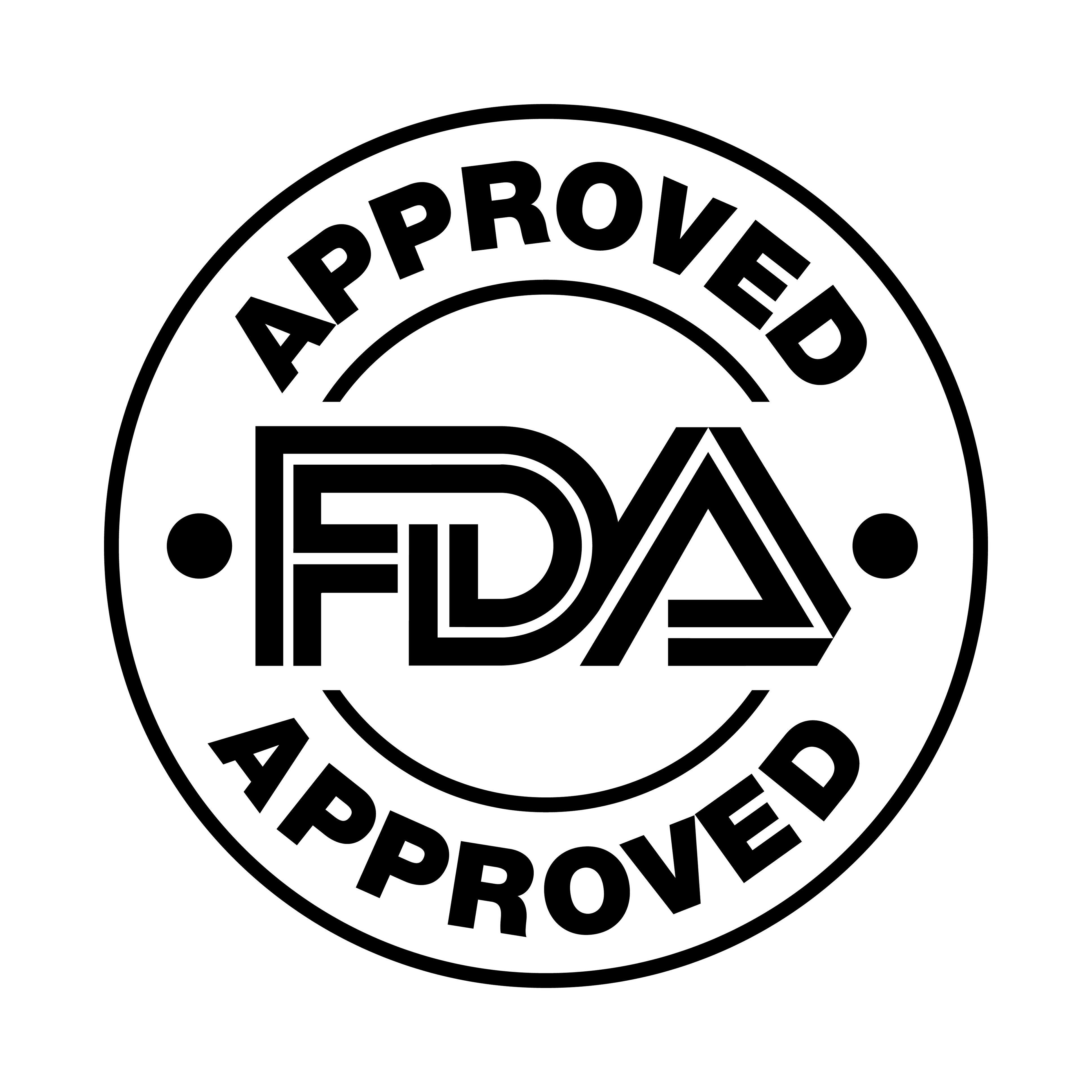Article highlights
- The FDA approved tocilizumab-bavi (Tofidence; Biogen) as a biosimilar for PJIA, sJIA in children 2 years and up, and for rheumatoid arthritis in adults.
- Tocilizumab-bavi demonstrated equivalent efficacy in clinical studies compared to the reference product tocilizumab.
- Extensive testing, including physicochemical and biological assays, confirmed tocilizumab-bavi's biosimilarity and ensured safety and effectiveness.
- Tocilizumab-bavi comes with a boxed warning about the risk of serious infections, requiring cautious use and discontinuation if infections occur.
- Tocilizumab-bavi effectively addresses joint inflammation in PJIA and sJIA, providing relief for patients with multiple joint involvement.
The FDA has approved tocilizumab-bavi (Tofidence; Biogen) intravenous formulation as a biosimilar to tocilizumab (Actemra; Genentech) for polyarticular juvenile idiopathic arthritis (PJIA) and systemin juvenile idiopathic arthritis (sJIA) in children 2 years and up, and for rheumatoid arthritis in adults.1 The approval makes tocilizumab-bavi the first tocilizumab biosimilar approved in the United States.2
Tocilizumab-bavi, an interleukin-6 receptor antagonist that targets specific inflammatory proteins, is approved for indications currently approved for tocilizumab, including moderately to severely active rheumatoid arthritis, PJIA and sJIA.2 According to the FDA, a biological product that has no clinically meaningful differences from, and is highly similar to a biological product already approved by the FDA (reference product) can be classified as a biosimilar. Patients using the biosimilar should expect the same safety and effectiveness as the reference product. Comparison of the products, using “extensive battery of physicochemical tests and biological assays,” was part of the scientific evidence used when approving tocilizumab-bavi, the FDA said in a press release.1
The approval of tocilizumab-bavi was based on a data package submitted to the FDA that included clinical, non-clinical and analytical data that supported biosimilarity with the reference product. The package included data from a randomized, doubled-blind, single-dose, parallel phase 1 study that compared safety, immunogenicity, and pharmacokinetics of tocilizumab-bavi with United States reference to tocilizumab in healthy volunteers. In a phase 3 randomized, double-blind, multi-dose, 3-arm parallel study, tocilizumab-bavi established equivalent efficacy and comparable pharmacokinetic, safety, and immunogenicity profiles for those with rheumatoid arthritis that was “inadequately” controlled by methotrexate.2
PJIA and sJIA are both diseases that involve joint inflammation where 2 bones meet, according to the FDA. Multiple joints are involved in PJIA, while sJIA could also include symptoms such as rash, fever, spleen or liver enlargement, and lymph node enlargement.1
Upper respiratory tract infections, headache, common cold, hypertension, increased ALT (elevated liver enzymes), and injection site reactions are the most common side effects associated with tocilizumab products.1
According to Biogen, tocilizumab-bavi includes a boxed warning for risk of serious infections, stating, “patients treated with tocilizumab products including [tocilizumab-bavi] are at increased risk for developing serious infections that may lead to hospitalization or death. Most patients who developed these infections were taking concomitant immunosuppressants such as methotrexate or corticosteroids.” Patients are advised to interrupt use of tocilizumab-bavi if serious infections occur, and until the infection is controlled. The reported infections included active tuberculosis, invasive fungal infections (candidiasis, aspergillosis, and pneumocystis), and bacterial, viral and other infections because of opportunistic pathogens. Tocilizumab-bavi is contraindicated in patients with known hypersensitivity to tocilizumab products.2
Click here to see the full prescribing information.
References:
- FDA approves first biosimilar to Actemra to treat adult and pediatric arthritis. FDA. Press release. September 29, 2023. Accessed October 2, 2023. https://www.fda.gov/drugs/news-events-human-drugs/fda-approves-first-biosimilar-actemra-treat-adult-and-pediatric-arthritis?utm_medium=email&utm_source=govdelivery
- FDA approves Biogen’s TOFIDENCE (tocilizumab-bavi), a biosimilar referencing ACTEMRA. Biogen Inc. Press release. September 29, 2023. Accessed October 2, 2023. https://investors.biogen.com/news-releases/news-release-details/fda-approves-biogens-tofidencetm-tocilizumab-bavi-biosimila
